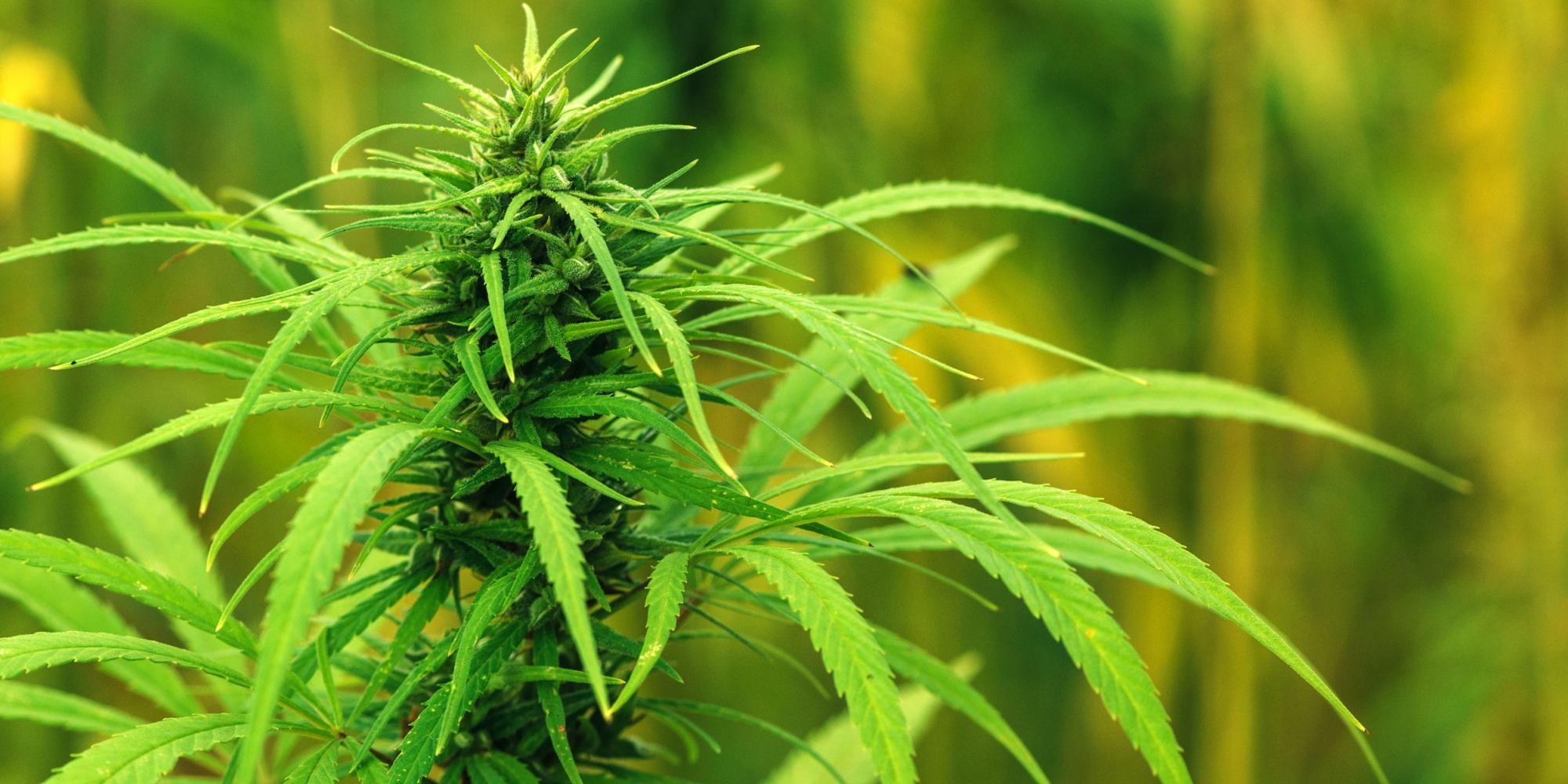11.21.2025
Sausage casings bulletin, November 21, 2025

...

CBD has been the dominant cannabinoid in hemp markets to date, while minors like CBG and CBN are being increasingly traded on the wholesale market. ∆8 THC, or Delta 8, Delta VIII, etc. is by far the most traded minor cannabinoid at this point based on observation, though we do not report pricing for minor cannabinoids currently. ∆8 is just slightly different than the well known ∆9 THC, having a double bond on the 8th carbon in the chain in lieu of the 9th. ∆8 is psychoactive, it definitely gets you high, though the effects are subtly different from its half-sister ∆9.

The legality of ∆8 is unclear, and the recent IFR from DEA makes it more so. ∆8 can be derived from CBD, and a deep crude inventory. It is hard to fault extractors for making hay with their overflowing extract stores, and converting it to cash flow. Extractors use catalysts, solvents, or modify pH or temperature to produce ∆8 THC from CBD. The endless possibilities are only recently being explored in cannabinoids, ∆8 is just the latest to find a welcoming market.
The legality of ∆8 can be explored further on Rod Kight’s blog, Kight on Cannabis.
Essentially the DEA has taken the position in its IFR that all tetrahydrocannabinols remain under the Controlled Substances Act (CSA):
“The [2018 Farm Bill] does not impact the control status of synthetically derived tetrahydrocannabinols (for Controlled Substance Code Number 7370) because the statutory definition of “hemp” is limited to materials that are derived from the plant Cannabis sativa L. For synthetically derived tetrahydrocannabinols, the concentration of delta-9 THC is not a determining factor in whether the material is a controlled substance. All synthetically derived tetrahydrocannabinols remain schedule I controlled substances.” (emphasis added) From Kight on Cannabis.
This adds another layer of risk for operators that are eager to take advantage of demand, from wholesale markets, all the way to retail shops. Eventually an angry parent will press the issue, and law enforcement and policymakers will realize that cannabis is far more sophisticated than they once thought, even far more than most of us realize. We have barely explored the science of cannabinoids, much less their interaction with the human endocannabinoid system.
As with all extracts, safety is a dire concern. The potential for contamination is very real, and there is very little oversight for hemp extracts. Once can find ∆8 distillate in markets easily, though many suppliers have toned down their marketing and removed the product from their site, but continue on with recurring transactions and word of mouth marketing. Risk exposure varies, and just as many operators are aggressively advertising ∆8 shots, gummies, and vape cartridges. It is also widely available as hemp flower sprayed with ∆8 distillate.
∆8 THC is trading in the $1500 to $5000/Kg range on wholesale markets, for product exceeding 85% ∆8. Cartridges are very popular, bringing anywhere from $10 to $20 each, and retailing for about $40.